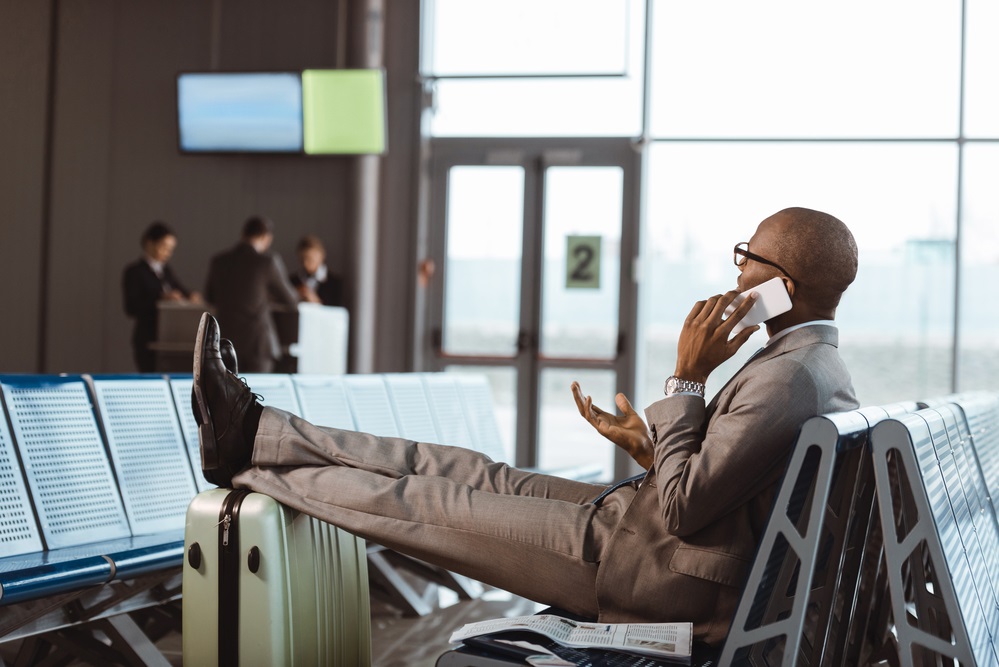When you travel, it’s important to take precautions to ensure your financial transactions are secure. Here are a few tips:
1. Use a credit card instead of cash whenever possible. Credit cards offer fraud protection that cash does not.
2. Avoid ATMs in high-traffic areas, such as tourist attractions. Choose an ATM that is in a well-lit, secure location.
3. Be aware of your surroundings when entering your PIN number at an ATM. Shield the keypad with your hand to prevent others from seeing it.
4. Use a VPN while performing online transactions.
By following these simple tips, you can help protect yourself from financial fraud while travelling.
Use a credit card:
There are a few reasons why it’s generally better to use a credit card while travelling, instead of carrying around large amounts of cash. Firstly, if you lose your cash, it’s gone for good – but if you lose your credit card, you can usually cancel it and get a replacement sent to you fairly easily. Secondly, using a credit card can help you to keep track of your spending more effectively than if you’re using cash. And finally, credit cards often offer various benefits and rewards that can make your travels more enjoyable (and perhaps even cheaper).
Avoid ATMs in high-traffic areas while travelling:
If you’re travelling, it’s best to avoid using ATMs in high-traffic areas. This is because there’s a greater chance that your card could be skimmed or cloned in these types of locations.
Instead, try to use ATMs that are inside of banks or other secured locations. And be sure to keep an eye on your surroundings when using an ATM, no matter where it is. Watch for anyone who might be trying to look over your shoulder or otherwise appear suspicious.
Be Aware with your Pin:
When you’re entering your PIN number at an ATM, be aware of your surroundings. Make sure that no one is watching you or trying to see what you’re doing. Also, be sure to cover the keypad with your hand when you enter your PIN so that others can’t see it.
How to securely access online banking with a VPN
A VPN, or Virtual Private Network, can help to keep your online banking activity safe and secure. By encrypting your internet connection, a VPN makes it much harder for hackers to steal your sensitive data.
Here are some tips for using a VPN to securely access online banking:
- A VPN employs top-of-the-line military-grade 256-bit encryption to protect your data.
- Has an enhanced feature to automatically trigger the VPN as soon as you connect to any unsecure WiFi network.
- Provide ultimate DDoS protection with capability to defeat complex DDoS attacks.
- Also offers a dedicated IP add-on for people who need to have a static IP for specific business or pleasure purposes and may want complete control over their online reputation.
- Be sure to log out of your account and disconnect from the VPN when you are finished.
By following these simple tips, you can help to keep your online banking activity safe and secure. A VPN is an essential tool for anyone who wants to protect their data online.
Other tips for keeping your financial data safe online while travelling
Here are a few other tips you should consider to be safe while banking online during your travel:
1. Avoid using easily guessed words or phrases as your password. Common examples include your name, birth date, or pet’s name.
2. Use a combination of letters, numbers, and special characters in your password. This will make it even harder for someone to guess your password.
3. Avoid using the same password for multiple online accounts. If one account is compromised, all of your other accounts could be at risk as well.
4. Avoid public Wi-Fi: Public Wi-Fi networks are often not as secure as they should be. If possible, avoid using them altogether. If you must use one, be sure to only connect to websites that are encrypted (https://).
5. Use a secure browser extension: A browser extension like LastPass can help you manage your passwords and keep your financial data safe.
6. Be careful what you click on: Hackers often use phishing scams to trick people into clicking on malicious links. Be cautious about the emails and links you click on, even if they appear to come from a trusted source.
By following these tips, you can help keep your financial data safe while travelling.

